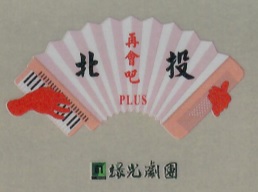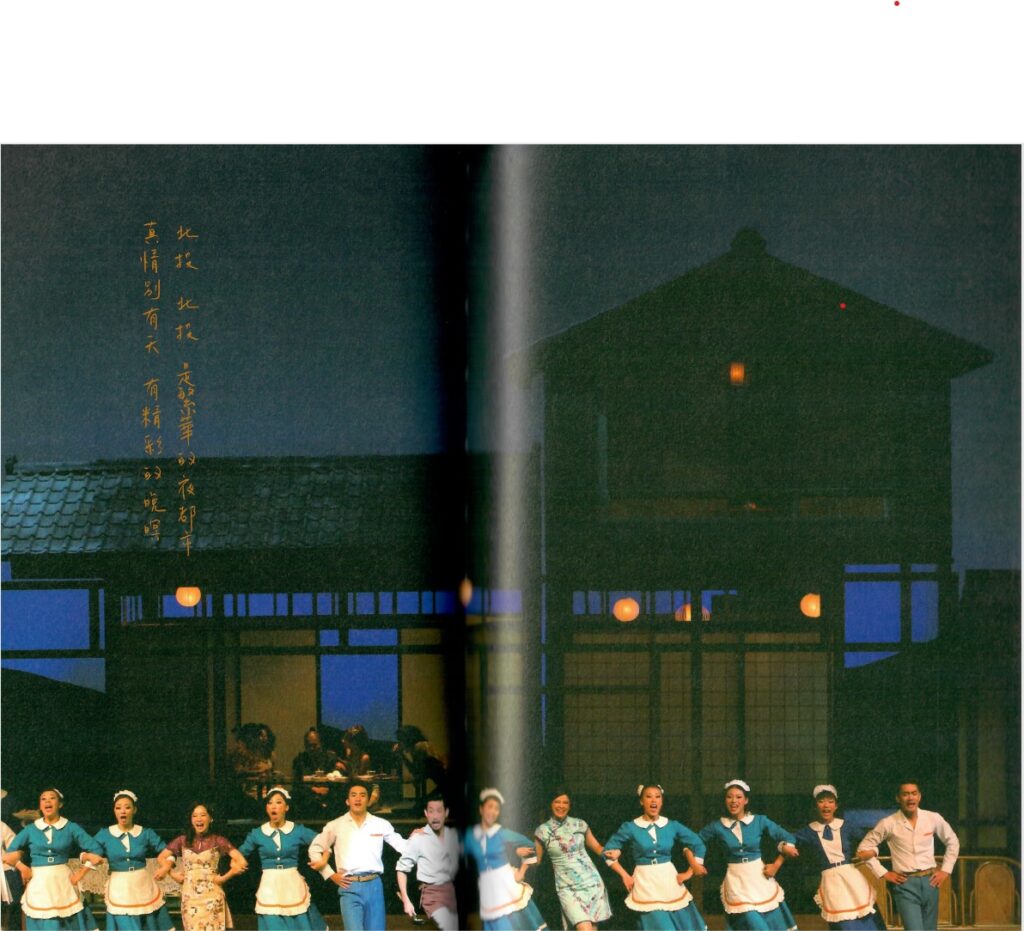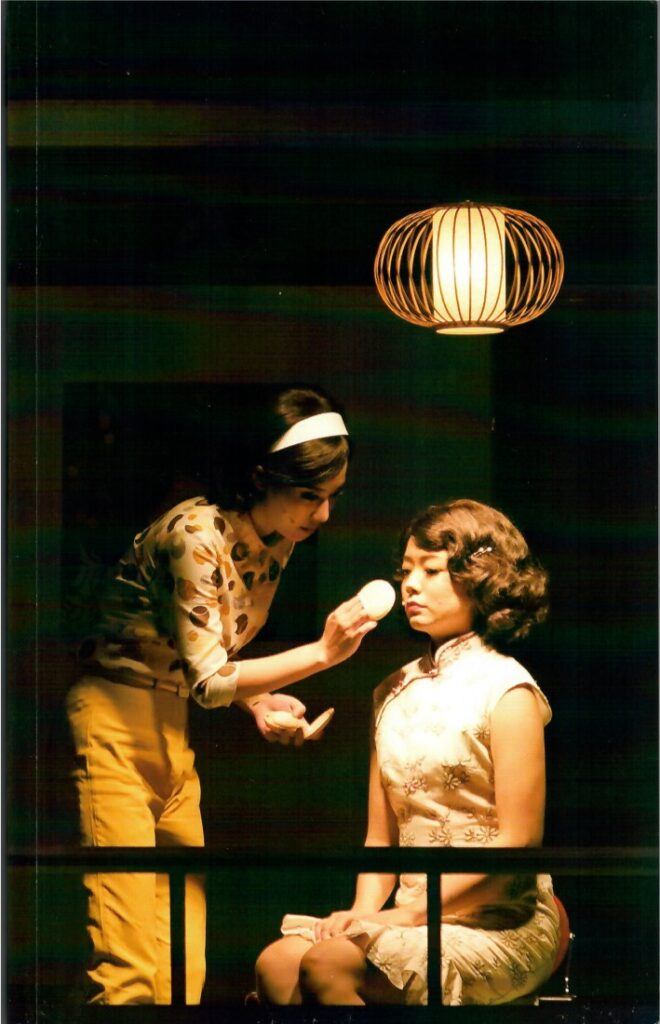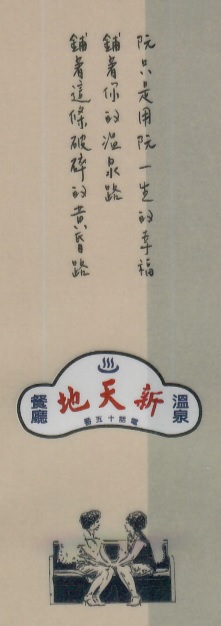Yesterday I had the great fortune to attend a musical at the National Theater & Concert Hall [1] near the CKS MRT in Taipei [2], a fantastic architectural accomplishment [3]. My father obtained an invitation from friends at the Sinyi Real Estate [4] company, which sponsored the showing after noon. Since my days in college, I enjoyed though only occasionally had opportunity to frequent plays and shows. Particularly I have vivid memories of watching Broadway performances such as Rent, the Lion King, and even off-Broadway performances (I can’t remember the name although the phrase “Galaxy video, how may I assist you” has stuck in my head for years).

Farewell Beitou is a quintessential Taiwanese performance, taking the audience back in time 40-50 years (民56 = 1967) from today to when Taiwan’s population still had memories of Japanese occupation, the end of the 2nd world war and defeat and movement of Chiang Kai Shek’s army to the island territory of Formosa = Taiwan. The youth of the 60s did not directly experience the war although firsthand experience was only one generation removed, and so a bubbling euphemistic spirit was more apparent.
The story of Farewell Beitou is set in a hot spring resort named 新天地 that often had murkier purposes, something not entirely uncommon in that era. The playbill references a photo, probably well known to those from 1967, of two young gals accompanying an American solider to the spas.

I thought it interesting that the location is Literary Inn, with the soldiers name and age fully printed (aka great ad)!
The story itself centers on the operators of the spa, a mother daughter pair who struggle to stay afloat when their patron’s wealth diminishes. A critical juncture occurs when the mother is forced un-wittingly (-willingly) to employ her adopted daughter.
The play and performance is directed by 吳念真 Wu Nien-Jen [5], who was present at yesterday’s show, and features music written and performed by 陳明章 [6] (Chen Ming Chang [7] and here [8]). The entire cast and onstage direction, in my opinion, was very attentively attuned to the audience, making for a delectable musical. Note that the musical language is Taiwanese, with captions available for the music.

While watching the theater performance, emotives streamed through me constantly and strongly. To me this was one of the highlights of the theatrical performance, a language and understanding that goes beyond (or underlies) comprehension of Taiwanese. Thoughts of anger, humor, violence, pity, grief, and happiness were conveyed. If these thoughts could be described with a Chinese character, then 悲、遊、風、戀、算、蕊、溪、味、都、采、死、吉、慶龍、冥、化、鬱, appearing not necessarily in this order in the performance.

I was particularly attentive to the performances of 李明澤, 趙蓓君, 楊大正, 方宥心, 陳竹昇, 王彩樺, and the entire cast danced with legs of synchronization! I enjoyed the show, and saw somethings I’ve never seen before.

Showings are still available, see on the National Theater & Concert Hall ticket website [9] or OpenArts App (Google Play [10], Apple [11])
References
- http://npac-ntch.org/en/
- https://binged.it/2KJy40C
- https://zh.wikipedia.org/zh-tw/楊卓成
- http://www.sinyi.com.tw/
- https://zh.wikipedia.org/zh-tw/吳念真
- https://www.cmcmusic.com.tw/
- https://zh.wikipedia.org/zh-tw/陳明章
- https://www.kkbox.com/tw/tc/artist/TdDtn5zvX9SpgBC0F01mR08J-index-1.html
- https://www.artsticket.com.tw/CKSCC2005/Product/Product00/ProductsDetailsPage.aspx?ProductID=rotyiUrPteS61nKtaAZabcdefxQ
- https://play.google.com/store/apps/details?id=edu.ntch.newCKSCCeTicket&hl=en
- https://apps.apple.com/tw/app/openarts-和表演在一起/id570648939